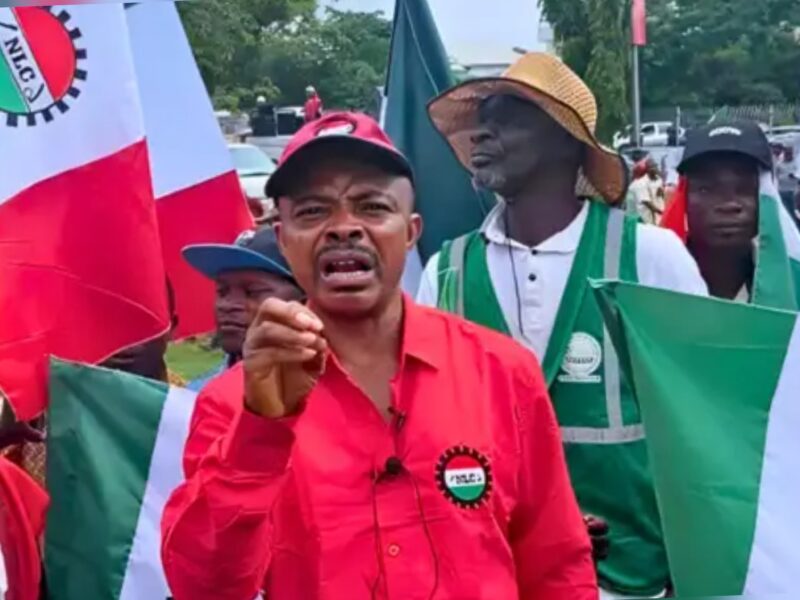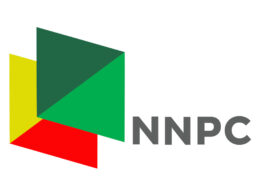Washington, D.C. – The Nigeria Labour Congress (NLC) has called on the International Monetary Fund (IMF) and the World Bank to stop granting loans to governments that lack accountability to their citizens, warning that such financial assistance only exacerbates governance crises and deepens national debt burdens.
Speaking at the 2025 high-level meeting of the global labour movement, IMF, and World Bank at the World Bank headquarters in Washington, NLC President Joe Ajaero criticized the financial institutions for their economic policies, which he argued have worsened poverty and hindered Nigeria’s development.
Ajaero urged the IMF and World Bank to move away from imposing austerity measures on developing nations and instead support progressive tax policies that protect vulnerable populations. In his presentation titled “Progressive Taxation and Fiscal Consolidation,” he highlighted the detrimental impact of regressive tax systems in countries like Nigeria, where lower-income earners bear a disproportionate tax burden while the wealthy and multinational corporations often evade taxes.
Call for Equitable Tax Policies
Ajaero accused the IMF and World Bank of perpetuating economic inequality through their policies. He noted that their structural adjustment programs and debt repayment priorities have led to weakened labour rights, eroded public services, and increased poverty in many developing nations.
“The question we must ask is: Why do these institutions continue to lend to profligate and dictatorial governments that are unaccountable to their citizens?” Ajaero asked. “Is it a deliberate strategy to push nations like Nigeria further into a cycle of debt and underdevelopment?”
He further criticized Nigeria’s proposed tax policy, which includes levies on individuals earning as little as ₦800,000 per year (approximately $500 USD annually), calling it a clear example of regressive taxation.
“Lending to governments that do not prioritize the welfare of their people is not development; it is exploitation,” Ajaero stated. “It entrenches corruption, fuels inequality, and undermines democracy.”
Demand for Stakeholder Inclusion in Tax Policy Formation
Ajaero emphasized the importance of inclusive policymaking, arguing that tax laws should be designed with the participation of key national stakeholders, especially workers, who constitute the majority of taxpayers in developing economies.
“Whether a tax is regressive or progressive begins at the table where it was conceived. Any group that is not at the table is on the menu,” he said, condemning the Nigerian government’s exclusion of workers’ representatives from its tax policy discussions.
IMF and World Bank Urged to Promote Tax Justice
The NLC leader urged the IMF and World Bank to adopt tax policies that target wealth instead of poverty. He called for higher taxes on luxury goods, capital gains, and ultra-wealthy individuals while ensuring multinational corporations pay their fair share in the countries where they operate.
“The IMF and World Bank should close loopholes that allow tax evasion and instead use tax revenues to fund education, healthcare, and social safety nets for the most vulnerable,” Ajaero said.
He also backed the United Nations Convention on Tax, initiated in 2022, which seeks to regulate the taxation of digital corporations and ensure a fair global tax framework.
A Call for a Just Economic System
Ajaero concluded by urging the IMF and World Bank to rethink their lending policies and focus on transparency, accountability, and workers’ rights.
“The path to sustainable development is not through debt traps and regressive tax policies but through empowering nations to build equitable tax systems that serve the many, not the few,” he said. “The time for change is now.”










Join our Channel...